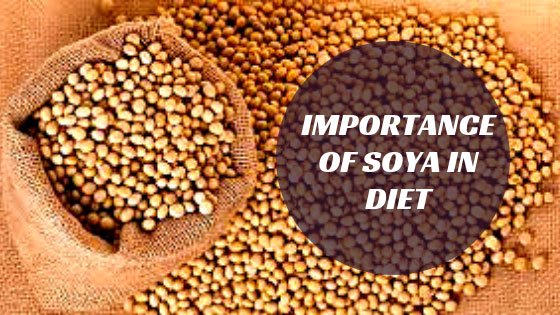
It is a widely held myth that an entirely plant-based diet will not provide one with enough proteins. Fortunately, this myth is being busted as more people adopt a vegetarian or vegan lifestyle. Several plant-based food items have proteins, such as lentils, soy, almonds, peanuts, etc. One such food item is Soya Chunk beans, which have sadly faced a lot of controversies.
Soya Chunk beans have attracted controversy. While some claim that they are a vital source of proteins, even going so far as calling it ‘a vegetarian’s meat’, others complain that they have high estrogen levels. It is time you get some facts.
Soya Chunk Beans offer several invaluable benefits such as:
Soya Chunk beans can also have some harmful effects such as:
The combination of benefits and harmful effects that Soya Chunk beans have raises several frequently asked questions like:
Question: What are Soya Chunk beans?
Answer: Soya is a kind of legume only found in Asia. The chunks are made by deflating or removing oil (Soyabin oil from Soya beans. They are this byproduct of Soybean oil as well. In India, they are gaining popularity in the Eastern parts of the country.
Question: How much Soya Chunk beans should I take?
Answer: You mustn’t consume too many Soya Chunk beans in a day. The consumption should not exceed 25 grams in a day.
Question: Should I start consuming Soya Chunk beans immediately?
Answer: It is highly recommended that you make sure that you aren’t allergic to them and consult your physician first, particularly if you have a health condition.
Generally speaking, they are most beneficial for postmenstrual women and will be good for those who aren’t allergic to them in small quantities. It is recommended consulting your physician immediately if you see any harmful effects mentioned above after eating Soya Chunk beans.
Question: What is the nutritional value of Soya Chunk beans?
Answer: Soya Chunk beans’ nutritional content can be summarized below:
Other contents of Soya Chunk beans include phytic acid, which can be an inhibitor of mineral absorption in the body, and Phytochemicals that can act as estrogen receptors and thus harm your health. Both of these are harmful, especially when consumed in large amounts.
Question: How can I eat Soya Chunk beans?
Answer: You can eat them raw, add them to several recipes (including your rice), or add them to the salad. If you are eating branded Soya Chunk beans and come with some instructions, it is recommended that you follow those instructions.
Question: What precautions should I take while eating Soya Chunk beans
Answer: The following precautions are recommended while eating Soya Chunk beans:
Soya Chunk beans are a vital source of proteins, too important to be ignored, especially in vegetarian and vegan diets. That said, they aren’t for everyone, and necessary caution must be taken while adding them to your diet. After scrutiny of their benefits and harmful effects, one can add them to one’s diet.